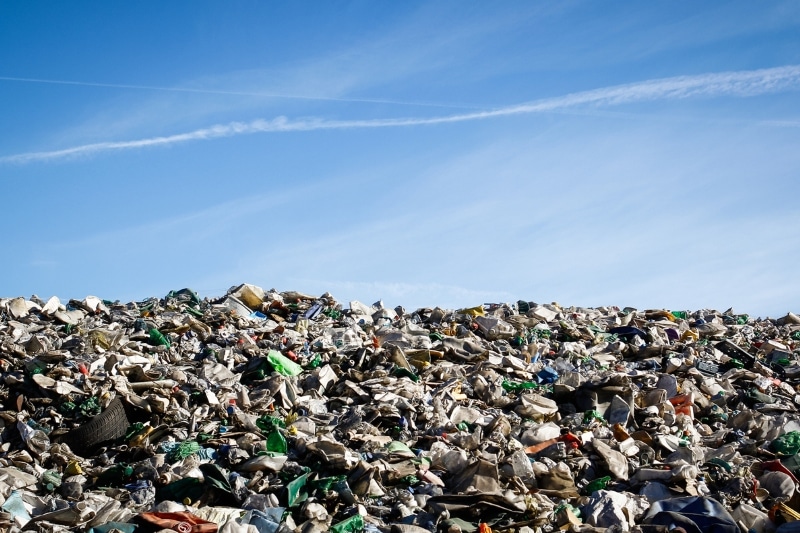Republic Cement, a leading construction solutions provider and Colgate-Palmolive Philippines, makers of leading oral and personal care health and hygiene products, have joined together to address the plastic waste problem in the Philippines.
Both companies signed a memorandum of agreement to utilize the cement manufacturer’s co-processing initiative to reduce the amount of plastic ending up in landfills and waterways. Both firms have committed to using Republic Cement’s resource recovery arm “ecoloop” to co-process plastic waste from Colgate-Palmolive.
Co-processing is the reuse or recovery of thermal and mineral properties of qualified waste materials while manufacturing cement in a single combined operation. Through ecoloop’s co-processing and the use of plastic waste as alternative fuels, Republic Cement can manufacture cement with reduced dependence on fossil fuels such as coal. Residual wastes are effectively diverted from landfills and waterways, thereby addressing the plastic pollution crisis by capturing pre- and post-consumer waste in direct partnership with fast-moving consumer goods (FMCG) companies such as Colgate-Palmolive.
Republic Cement said its ecoloop is planned to co-process a minimum of 10 million plastic sachets or bags per day by 2021 in a bid to alleviate the country’s waste problem.
For close to two decades, Republic Cement has mastered the art of alternative fuels at its five integrated cement plants across the country. Backed by its 60 years of manufacturing expertise, Republic Cement aims to establish co-processing through ecoloop as a viable and sustainable waste management solution, especially for plastics and other residual waste.
Republic Cement said it holds a license from the Department of Environment and Natural Resources (DENR) to use and dispose of qualified waste through cement kiln co-processing, where waste materials are processed at high temperatures. This breaks down complex materials into simpler compounds and the energy or mineral content of wastes are completely recovered and utilized in the process of producing cement. Emissions from the process are filtered and monitored in compliance with DENR standards.
(Sources: BusinessWorld; PageOne PH)
